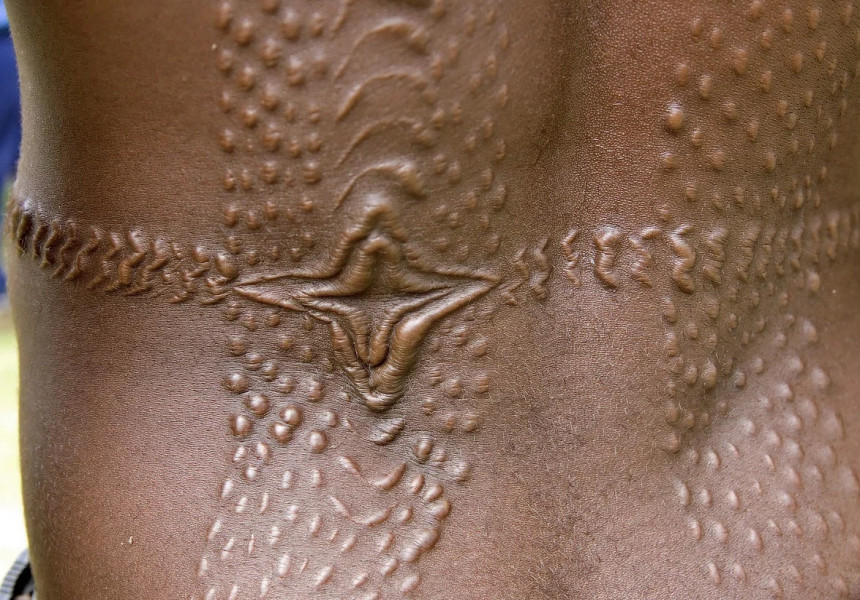

This article explores women’s experiences of Portuguese colonialism in southern Mozambique through their changing practices of body marking since around 1800. Arguing that women have historically used tattoos (tinhlanga) both to reflect on agrarian social change and to assert the importance of female affiliations in a male dominated world, it charts the increasing incorporation of European ideas and objects into what women continued to call a “traditional” practice, and the heightened significance of tattooing for those women most adversely affected by colonial rule. The persistence of tinhlanga challenged Portuguese colonial and missionary efforts to implant “civilization” through new standards of feminine beauty and bodily adornment. The ensuing struggle pitted colonizers and African “middles” against girls and women who were fully aware of the significance of their bodies in the colonial contest, and whose memories (and tattoo scars) reveal the gendered meanings of racial difference and the limits of European power in colonial Mozambique.